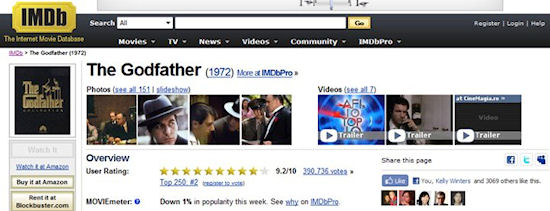Pushy plugins or ingenious innovation?
Facebook's announcemnt to create a link in every website with its new plugin tools has been met with mixed feelings across the internet.
No one denies that using its vast database of personal information on around 500 million Internet users puts Facebook in a position to take the lead in a new connection based web, replacing the old Google dominated hyperlink format.
Neither has it been denied that Facebook's lead over its social network competitors is more than substantial. Twitter's 100 million users and relatively slow growth rate has been left to choke on the dust left by Zuckerberg's brainchild. Smaller competitors like Friendfeed have been swallowed whole, while Google's forays into the sector have made little impact.
But how viable is the option of a privately owned company having access to so much personal data, as well as becoming a vital element to the success of so many online companies. And why is the so called ‘open graph' going to be open to no one save Facebook?
You don't have to look very long to find a hundred articles about Facebook's announcement, and they each have their own spin. But the main question they seem to asking themselves is "Can we trust Facebook?"
Chris Messina, board member of the OpenID Foundation said: "Here's the rub though: those Like buttons only work against Facebook. I can't just be signed in to any social web provider... it's got to be Facebook. And on top of that, whenever I ‘like' something, I'm sending a signal back to Facebook that gets recorded on both my profile, and in my activity stream. There's one problem with this model: its evil."
What happens if Facebook kicks you off the site when the whole of the web is their cat's paw? How will that affect not only your social life, but your work life, your job prospects and your standard of life?










